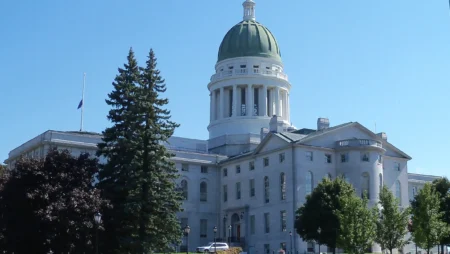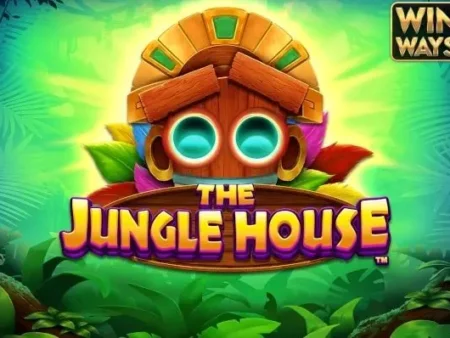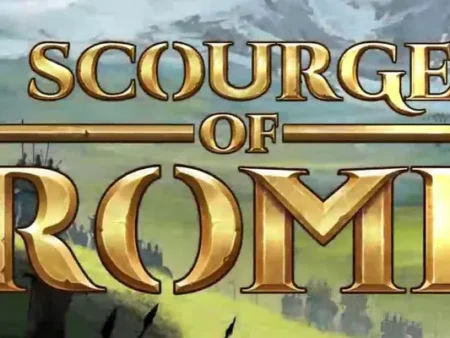

Lawmakers in Maine who were pushing for the approval of a tribal online gambling bill have been denied yet again. Maine’s Senate decided to revisit and propose the passing of the bill that allows online poker, blackjack, and slot games via the Wabanaki tribes was brought back for reconsideration after two failed attempts.
LD 1777, first introduced in 2023 and sponsored by Rep. Laura Supica, would have given the Wabanaki Nations tribe exclusive access to online casino operator licenses in the state.
However, following the request of Assistant Senate Majority Leader Mattie Daughtry during the second attempt which saw the bill pass the senate with a 19-13 majority vote, it was declined on the same day due the proposal being shut down in a House vote that resulted in a split vote of 70-75.
That said, it is possible that Maine legislators will consider a similar bill again in 2025. In the meantime, as state lawmakers are not set to reconvene until next year, efforts to push for the bill are now effectively halted for the time being.
Supporters and Opposition’s Take on the Bill
Legislators who are for and against the bill gave their comments following the rejection of the now-thrice-denied online casino bill.
Those in favor of the bill see it as a way to bring economic development in the coming years to the region, since the bill is projected to bring in $100 million in expected revenue. Supporters also argue that this bill that allows the tribes to have exclusive rights will help address long-standing inequity against them.
Penobscot Nation Tribal Ambassador Maulian Dana said Tuesday that she was happy about the Senate’s decision of reversing the passing of the bill. She stated that the Wabanaki Alliance, a coalition that advocates for tribal self-determination, have been focusing more on the tribe’s sovereignty, and the gambling bill isn’t on their priority list.
Dana added that some lawmakers might construe that expanding tribal gambling authority wasn’t important to the tribes, but that isn’t true,
“Sovereignty remains the ultimate goal of all Wabanaki tribes, but economic development is critical to the tribes’ desire for self-determination,” Dana said. “This bill would definitely help us do that.”
Those in opposition of the bill all lean on the side of the suggestion that it would hurt the state’s commercial casinos by excluding them from the online casino market, as well as potentially increasing risks of problem gambling.
In an op-ed written by Maine Gambling Control Board Chairman Steve Silver, he stated that passing the bill would leave the citizenry susceptible to developing problem gambling tendencies. On the side of the state’s casino industry, Silver argued that giving monopoly to one tribe can adversely affect current brick and mortar casino operators and their workforce,
“Oxford and Hollywood casinos are major employers and taxpayers in Maine. Yet, L.D. 1777 will lead to large cuts in that tax revenue and job losses. In 2023, the Maryland Lottery and Gaming Control Agency commissioned a study that found that legalizing internet gaming would cause a 10% drop to land-based casino revenue.”
The Status of Online Gambling in Other US States
The USA currently has a number of states that have legalized online gambling and casinos. This includes Connecticut, Delaware, Michigan, New Jersey, Pennsylvania, and West Virginia. Rhode Island recently became the latest state to legalize online casino gambling last April 2024 following the approval of its online gambling bill in 2023.
However, other states that are pushing for online casino operations in Maryland fell short over cannibalization concerns, while efforts in states such as Illinois, Indiana, and New York are still fighting an uphill battle.
Last Updated on by jonathan r













